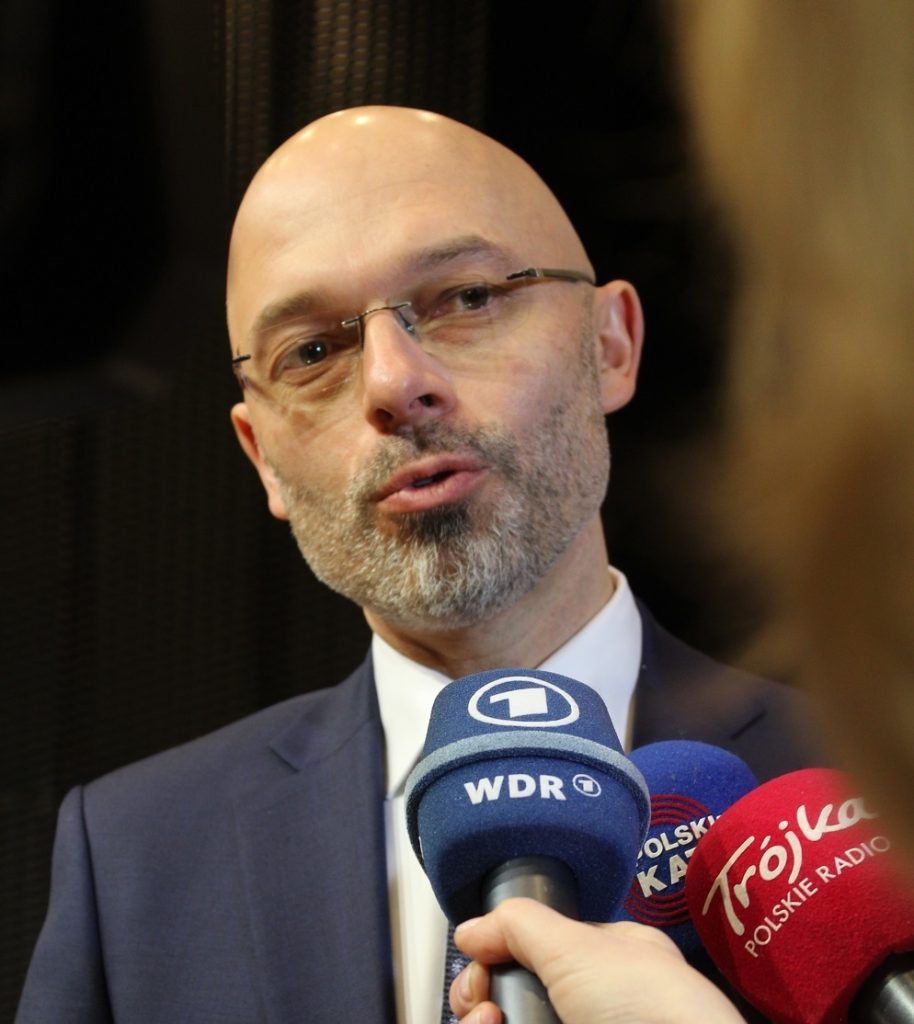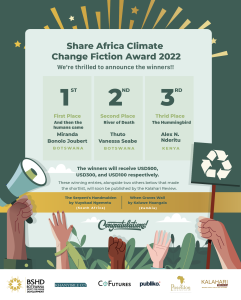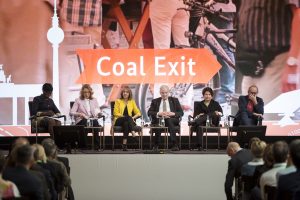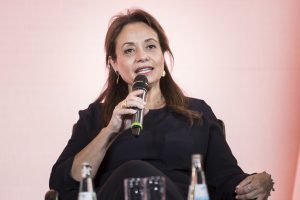As members of the global climate change convention, African countries have on countless occasions expressed their need for finance to use in implementing their mitigation and adaptation strategies.
Nevertheless, speaking during the side lines of the ongoing 24th Conference of the Parties to the United Nations Framework Convention on Climate Change (COP24) in Katowice, Poland, Saber Osman, Delegate of the Egyptian Environmental Affairs, said without technology, the knowhow and capacity building, money afforded by the Green Climate Fund will not be used in a good manner for the benefit of African countries.
“We need good means of implementation which is why we have hope that the Paris Agreement will be reached and the rule book will be finalised so we do our part in 2020, as would be enabled, by not just money, but also by technology and capacity building,” said Osman. Adding that without the proper means of implementation the world will continue doing business as usual, to the continued detriment of planet earth.
If nothing changes, Osman fears African countries –which also largely constitute the Least Developed Countries (LDCs) negotiating group– will continue to suffer more, regardless of the fact that they emit less greenhouse gases. According to the March 2018, United Nations list of LDCs, Uganda, Tanzania, South Sudan, Benin and Madagascar are some of the 33 African countries that are in the LDCs group of 45 countries across the globe – as they exhibit the lowest indicators of socioeconomic development, with the lowest Human Development Index ratings of all countries in the world.
To date, these African nations among others like Botswana, which is a middle income country have endured effects of climate change ranging floods, droughts, heat waves, loss of lives and biodiversity. Speaking during the High Level Breakfast Meeting held recently in Botswana, in Preparation for COP24, Thato Raphaka, the Permanent Secretary of the Ministry of Environment, Natural Resources Conservation and Tourism, said an estimated 500,000 livestock deaths and over 30,000 people in Botswana were left vulnerable to the impacts of droughts experienced between 2014 and 2017. In the last decade, he said climate change has led to about 2.5 trillion U.S. dollars in disaster losses in developing countries resulting in the number of people affected by natural disasters doubling from 102 million in 2015 to 204 million in 2017. Southern Africa was not spared, the number of food insecure populations Raphaka said is at 27 million because the region suffered the worst drought in 35 years caused by the El Nino phenomenon.
Antoine Faye, Public Policies Analyst and Expert Consultant in the Economic Climate Change, at Fayan Consulting in Senegal, when sharing Osman’s sentiments emphasised the need for technology, saying money given should come with it, otherwise the funds may end up being used to procure technology from the very developed countries who have given it. “If that happens nothing will be left. Other countries like Egypt, Morocco and Tunisia may not need the technology as they are technologically advanced, but what they can use is capacity building,” said Faye.
Moreover he called on developed nations to be transparent in their giving. From 2012 to 2020 Faye said developed nations had committed to financing climate change mitigation and adaptation by USD 100 billion, but to date he asserted that they have not even mobilised 16 billion. “They report that they have mobilised 60 billion, but truth is they mix development aid money with climate change money. They count development aid as climate finance, but climate finance should be new, additional and predictable amounts set aside strictly for climate change,” he said, adding that African countries can’t just say they need money, first they should try understand why developed countries are doing this, then they can advance their reasons –all in the hope that the Paris Agreement and the rulebook will be finalised.
The United Nations Framework Convention on Climate Change opened on Sunday with the goal of finalising the implementation guidelines of the Paris Climate Change Agreement. The guidelines are expected to strengthen international cooperation by ensuring that national contributions to the global effort are transparent and that responsibility is shared fairly, and progress on reducing emissions and building resilience can be accurately measured.
“We need a commitment, so that by 2020 we are still not talking negotiations but implementation. Given the effects on climate change, as African countries we should unite and take stock of our own resources and create our own funds, there is no need for us to fully depend on other governments,” said Washington Zhakata, Director of the Climate Change Management Department in the Ministry of Lands, Agriculture, Water, Climate and Rural Resettlement of Zimbabwe.
Addressing a pool of journalists at the conference scheduled to end on December 14, 2018, Elina Bardram of the European Union highlighted the finalisation of the Paris Agreement as the EU’s key negotiating point, notably taking the Intergovernmental Panel on Climate Change (IPCCC) and the Talanoa Dialogue into consideration. The conference is expected to conclude the year long, Fiji-led Talanoa Dialogue whose objective among others was to find practical and local solutions for how countries can increase their ambition in the next round of Nationally Determined Contributions (NDCs) which stipulate country efforts to reduce national emissions. Bardram further urged developing countries to jointly mobilise finance for the sake of poor countries.
The newly elected COP President, Michal Kurtyka also emphasised the urgent need to address climate change as it has caused a lot of destruction around the world, making people suffer.
-END-





